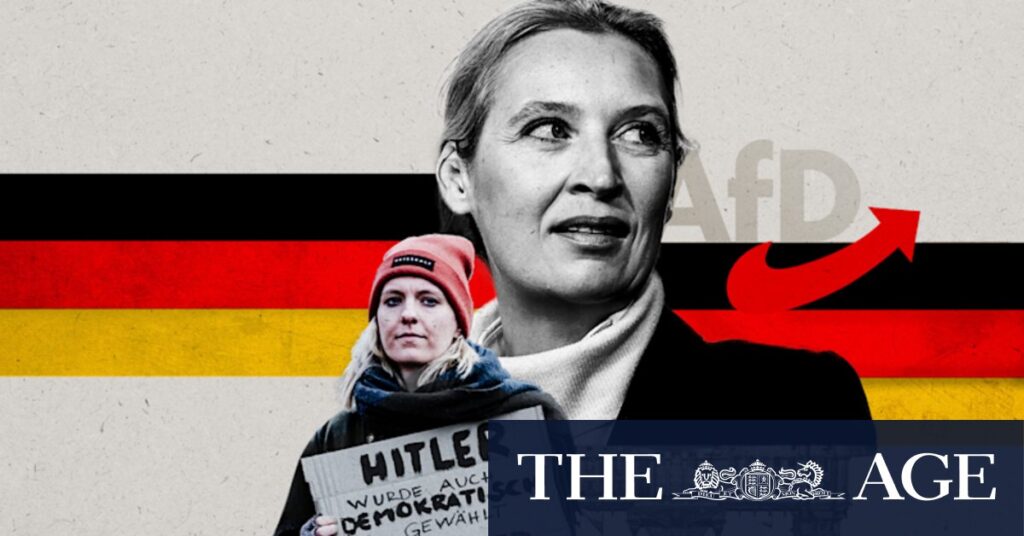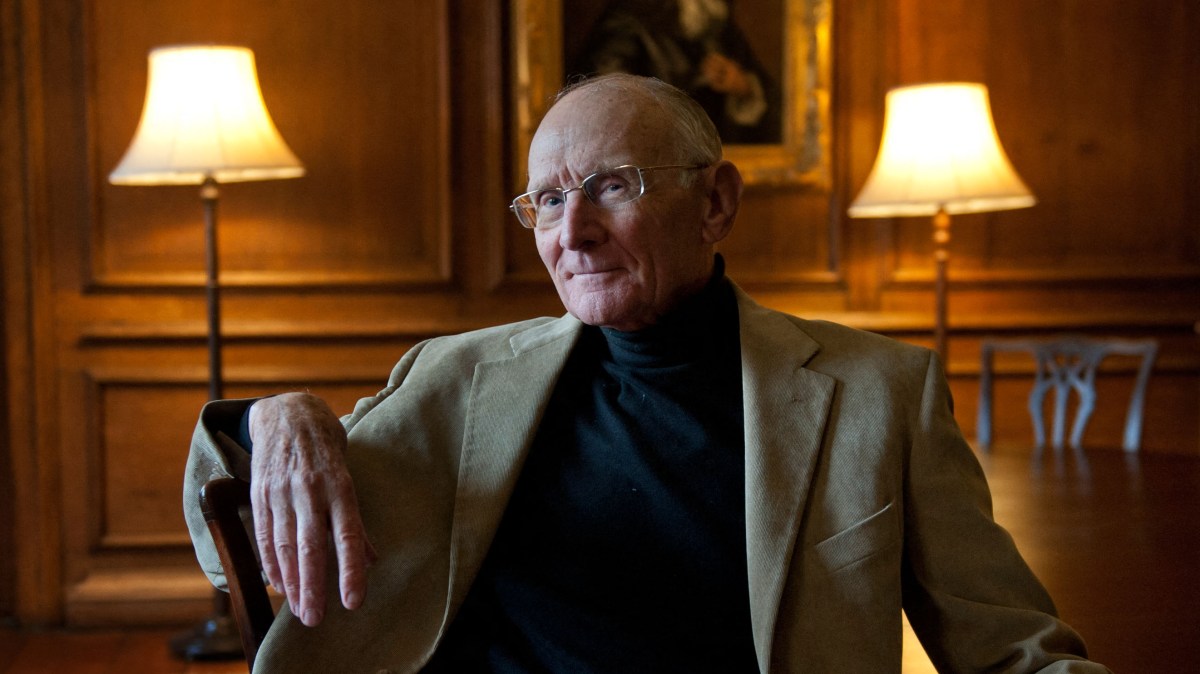
In the picturesque city of Erfurt, Germany, where cobblestone streets wind through charming neighborhoods and lively cafes dot the riverbanks, a significant political shift is underway. Despite the idyllic summer scene, a growing number of voters in this region are turning to the right, supporting the Alternative für Deutschland (AfD), a party once considered fringe but now a formidable force in German politics.
The rise of the AfD, particularly under the leadership of Alice Weidel, has been dramatic. In the national election held in February, the party captured 26.9% of the vote in Erfurt, a significant increase from 16.3% four years prior. Neighboring districts saw even higher support, with Eisenach and Gotha reporting 40.4% and 40.6%, respectively. This surge reflects a broader trend across Germany, where dissatisfaction with traditional political parties is driving voters toward more extreme alternatives.
Understanding the Discontent
The shift towards the AfD is fueled by a mix of economic grievances and cultural anxieties. Klara Verdachtsfall, a 27-year-old student and activist, describes the personal toll of witnessing the AfD’s rise. She participates in protests organized by Auf die Platz, a group dedicated to countering right-wing demonstrations. “It’s devastating,” she says, emphasizing the urgency of their cause.
Economic factors play a crucial role in this political transformation. “Wages have not been rising, and the cost of living has significantly increased,” Verdachtsfall explains. The AfD capitalizes on these frustrations, offering seemingly simple solutions to complex problems, which many find appealing.
This phenomenon is not unique to Germany. Across Europe, right-wing parties are gaining traction, from Nigel Farage’s Reform UK to Marine Le Pen’s National Rally in France. However, Germany’s history, marked by the trauma of wartime defeats and the legacy of division during the Cold War, adds a unique dimension to this political shift.
The AfD’s Platform and Appeal
The AfD’s platform resonates with voters by addressing contentious issues. The party opposes “woke” gender politics, advocates for exiting the Paris Agreement on climate change, and proposes leaving the euro currency. Most notably, it takes a hardline stance on immigration, calling for the deportation of asylum seekers, including many who fled Syria’s collapse.
“I have to be honest with you: if it’s going to be called remigration, then that’s what it’s going to be: remigration,” Alice Weidel stated in January.
The party’s rhetoric has found supporters beyond Germany’s borders, with figures like Tesla founder Elon Musk and US Vice President JD Vance expressing admiration. Vance recently warned of “civilisational suicide” if Europe fails to control its borders.
Implications for Traditional Parties
The rise of the AfD poses a significant challenge to Germany’s traditional political landscape. The Social Democratic Party (SPD) and the Christian Democratic Union (CDU), long-time pillars of German politics, are now on notice. Although CDU leader Friedrich Merz became chancellor in February, he relies on a coalition with the SPD at both national and state levels.
Antonios Souris, chair of German Politics at the Free University of Berlin, notes that the AfD serves as a protest channel for some voters. “There are some voters who vote for the AfD despite its positions and candidates, and there are others who vote for them because of its positions and candidates,” he explains.
“All around the globe, the far-right vote is driven by nativism: the idea that ‘non-native’ people, ideas, and customs are a danger to the nation state,” says Karl Arzheimer, a professor at the University of Mainz.
A Complex Political Landscape
The economic context cannot be overlooked. The German economy shrank by 0.1% in the June quarter, and while the minimum wage is one of the highest in Europe, unemployment remains high at 6.3%. These economic pressures, combined with cultural issues, create fertile ground for the AfD’s message.
Professor Kai Arzheimer highlights the role of resistance to immigration and multiculturalism in the AfD’s success. “The common theme is resistance to social, political, and cultural change. But immigration remains the most important issue for their voters,” he says.
In Erfurt, reminders of the city’s past as part of East Germany linger. The city is wealthier than others in the former German Democratic Republic, yet incomes remain lower than in the west. Pascal Franz, born in Erfurt in 1989, reflects on the sense of betrayal felt by many after unification. He cites inequality, environmental concerns, and the pandemic’s impact on trust in politics as contributing factors.
The Road Ahead
The rise of the AfD raises critical questions for Germany and Europe. Is this a temporary reaction from a disillusioned electorate, or a harbinger of deeper, lasting change? As Germany grapples with these questions, the political landscape continues to evolve, with implications that extend far beyond its borders.
As Erfurt and other cities navigate this complex political terrain, the future remains uncertain. What is clear, however, is that the traditional political order is being challenged, and the outcomes of this shift will shape Germany’s path in the years to come.






